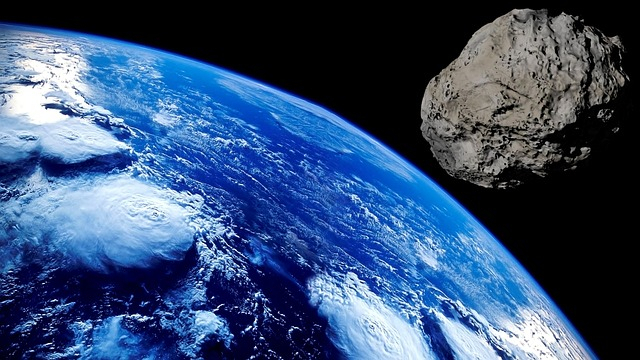
As space agencies like NASA are closely monitoring near-earth objects, a monstrous asteroid will make its close approach with earth on November 12, Tuesday. NASA's Center for Near-Earth Object Studies (CNEOS) has classified this asteroid named 481394 (2006 SF6) as a potentially dangerous space rock.
During its close approach, the asteroid will come as close as 2.7 million miles away from the earth's surface. As per the initial analysis, the space rock is currently screeching at a speed of 17,000 miles per hour and if it hits the earth due to any change in its trajectory, it could cause massive devastation on a regional scale.
The space rock has a diameter of 2030 feet and if a mid-air explosion happens during its close approach, it could unleash the energy of several atom bombs. Fortunately, experts believe that the chances of the earth being hit by this asteroid are pretty minimal. In the meantime, NASA is currently busy developing their planetary defence weapon, designed to protect earth from possible asteroid hits in the future. Using this weapon, NASA is planning to deflect asteroids from the current trajectory, so that they will whiz past earth without causing any dangers.
However, some space experts believe that nuking will be the best option if giant space rocks are approaching the earth. But using a nuclear weapon could result in radioactive rain which may do more bad than good. In order to avoid this scenario, space expert Nathalie Starkey proposes a concept named 'pre-emptive strike'.
As per Nathalie Starkey, asteroids should be nuked on one of its prior close-earth visits, and it will help to prevent radioactive materials raining down to the earth. "If the object was one that passed Earth frequently, moving ever closer to impact with each orbit, then it could be blown up in a pre-emptive strike on one of its prior close-Earth visits before the one that was predicted to cause total annihilation, nuking it as it was heading away from Earth. In this way, any radioactive fallout from the destruction wouldn't affect life on Earth," said Starkey.









